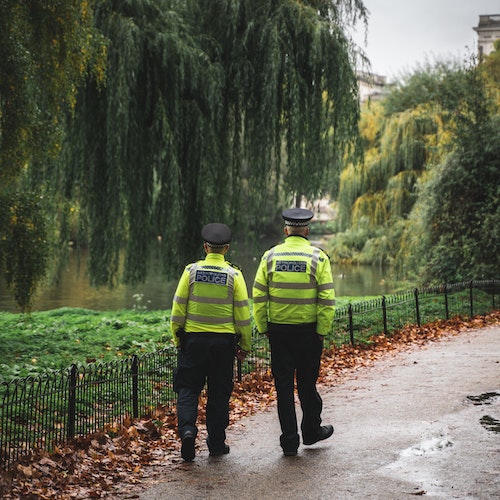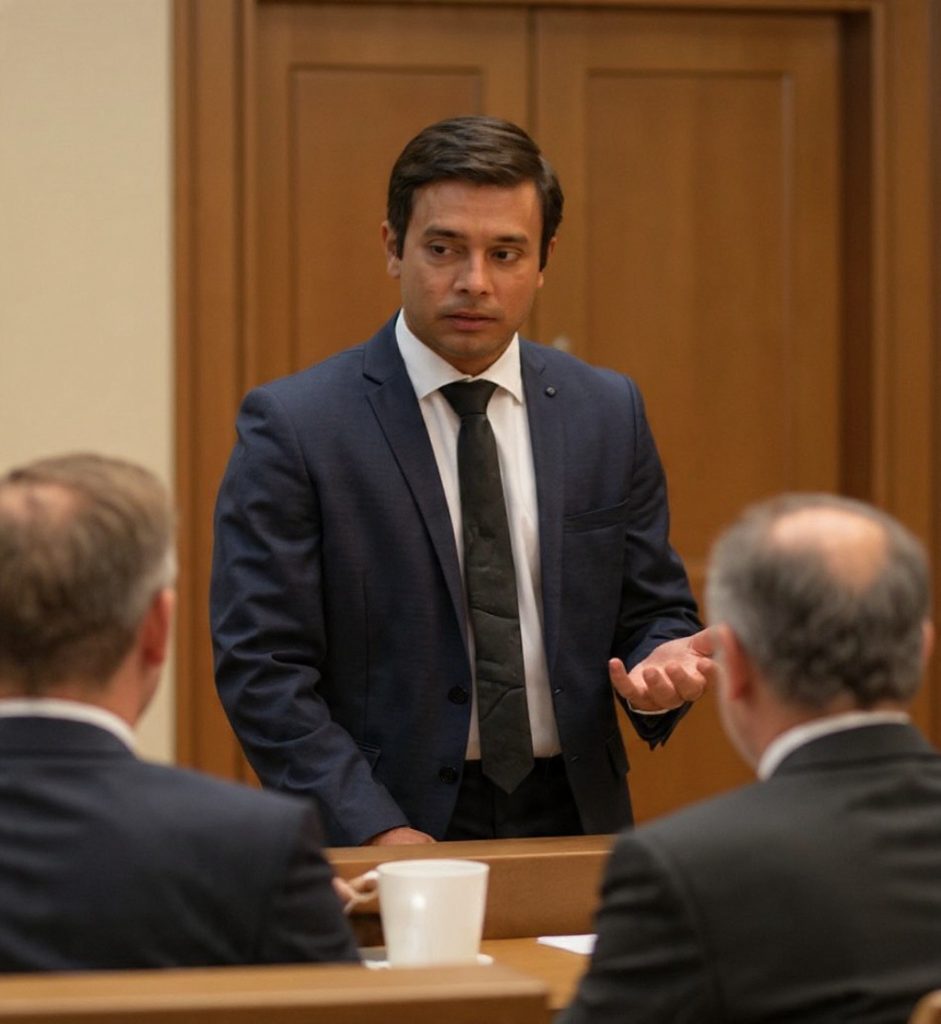If police asks me to stop while I am walking or running on footpath, do I HAVE to stop?
Section 5(f) of Police Power and Responsibility Act 2000 (Qld) states one of the purpose of the Act-
(f) to enable the public to better understand the nature and extent of the powers and responsibilities of police officers;
Please notice the word “extent” in this section. In common meaning, it is the limit of the power a police office can lawfully exercise.
In Director of Public Prosecutions (DPP) v Kaba [2014] VSC 52, Bell J states quoting from Halsbury’s Laws of England,
“Under the ancient traditions of the English common law, the freedom of the individual has been protected against infringements by public officials under the twin doctrines that every citizen is free to carry on any activity not expressly limited or prohibited by law, and that public officials may only interfere with a citizen’s personal liberty and property where authorised by the common law or by statute”
In the same case he stated after discussing number of authorities,
“[85] Therefore I do not accept the submissions made on behalf of the Director that there is no common law right to drive on the public roads. The authorities reveal that there is such a right. But it is not an absolute right and must be exercised according to law, including the licencing and road safety legislation. As an aspect of the common law right to freedom of movement, the right to drive a motor vehicle on the public roads is akin to the right to walk in public streets and navigate on public waters. It is not conferred by, but may be (and in Victoria is) qualified by and under legislation, to the interpretation of which the principle of legality applies on this basis.139 That is consistent with the specific nature of the general right to liberty discussed in Waterfield and Hoffman.”
He also discussed DPP v Hamilton,
“ [63] The application of these principles is illustrated by the decision of Kaye J in Director of Public Prosecutions v Hamilton. Police attended at a restaurant which the accused was suspected of leaving without paying the bill. When they sought to speak to him, he fled and was ultimately caught and arrested. A statutory charge of resisting arrest was brought on the sole basis of his action in fleeing from police. The magistrate acquitted the accused and Kaye J dismissed the prosecution appeal. After analysing the principal authorities, his Honour said:
“The authorities to which I have just referred make it clear that, at common law, and in the absence of specific legislation to the contrary, the respondent in this case was not required to stop, when he was requested to do so by the police. I have no doubt that, in requesting the respondent to speak to them, the police were acting in the course of their duties as police constables. However, they were not, at that point, acting “in the execution“ of their duties as police members for the purpose of [the provision]. It follows that, in the absence of any specific legislative provision of imposing on the accused an obligation to remain and speak to the police, he would not be guilty of [the] offence …””
Therefore, it appears that, if there is no restriction by statute or common law on walking or running on the footpath that a person is using AND police has no lawful reason to ask you to stop, then a person do not have to stop. A citizen do not HAVE to stop, though it might be a good idea to stop because it may be hard to know if police does have any lawful reason or not. It maybe argued that police must need to inform you the lawful reason to ask you to stop, but this argument yet to be tested in court.









